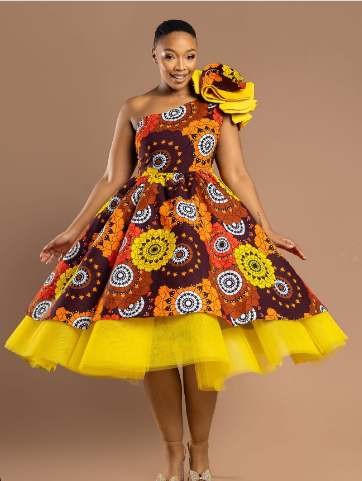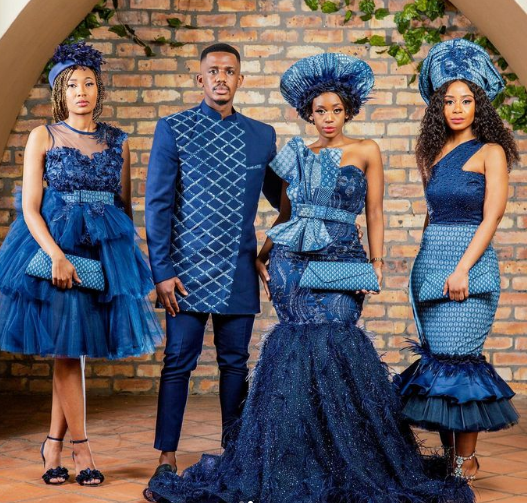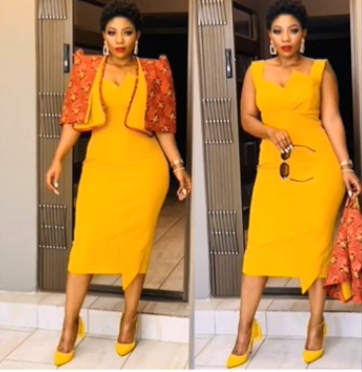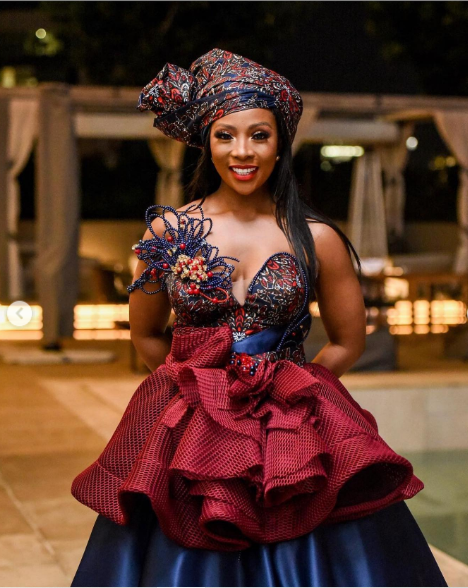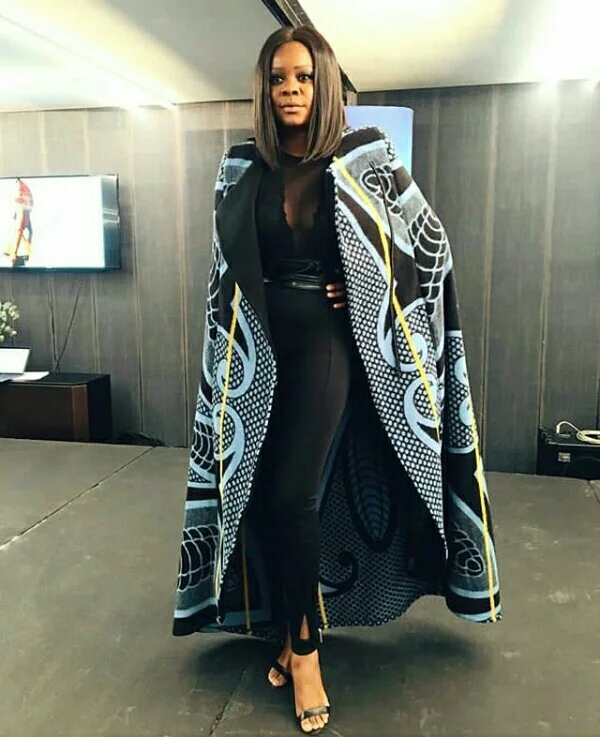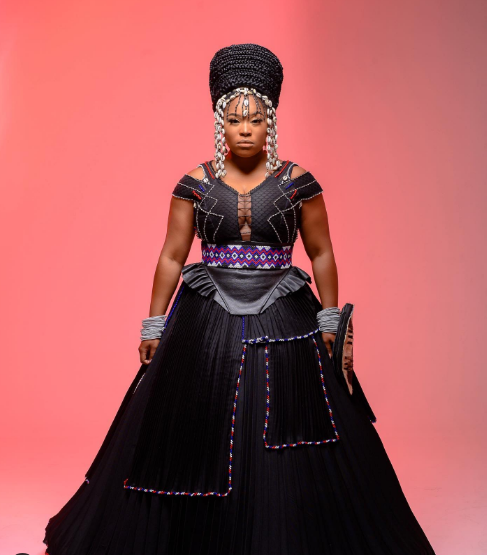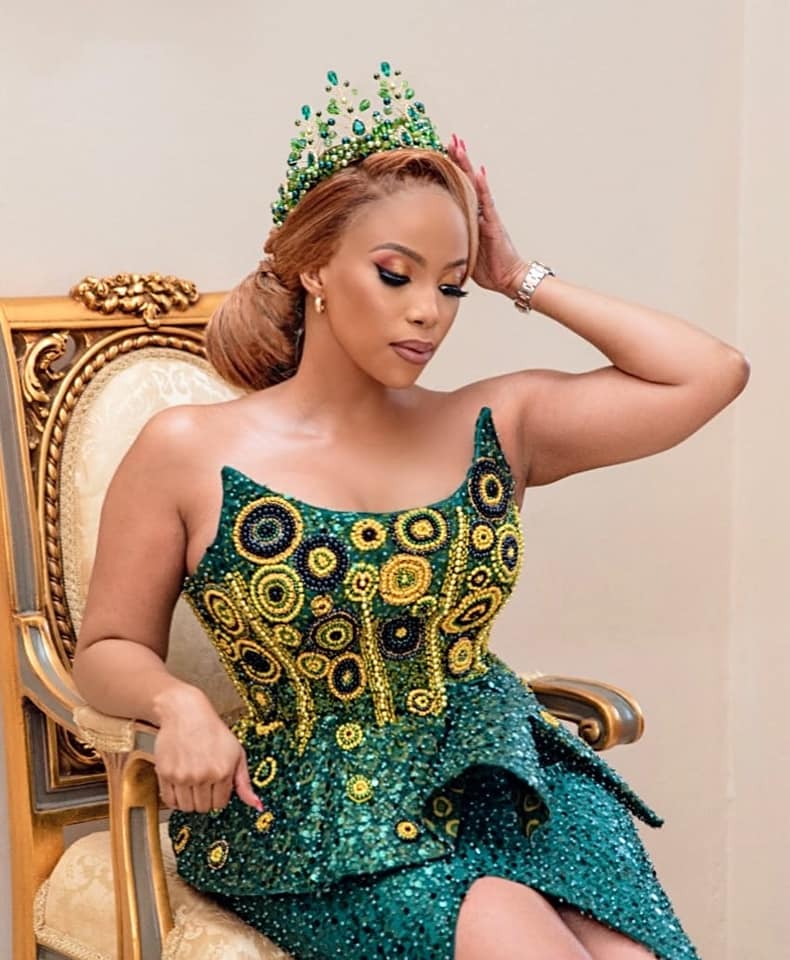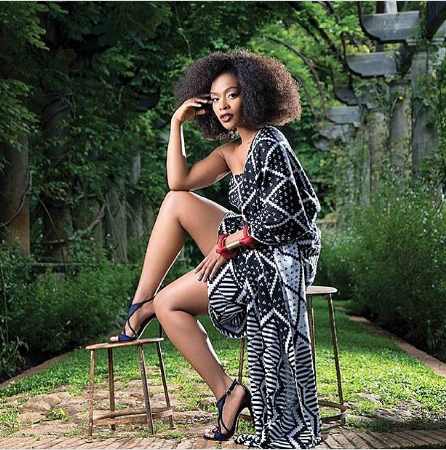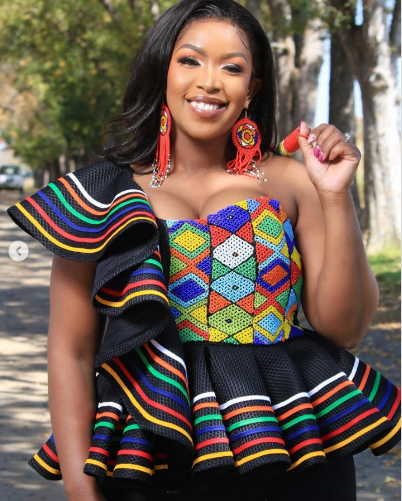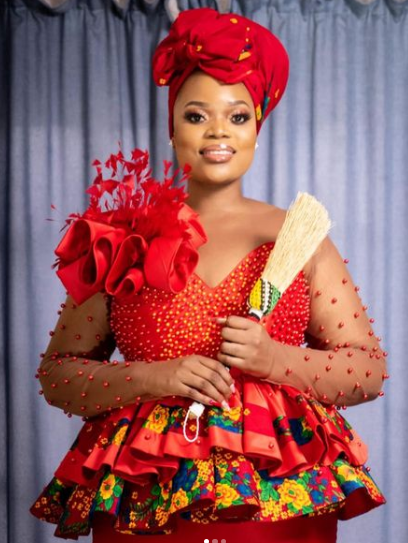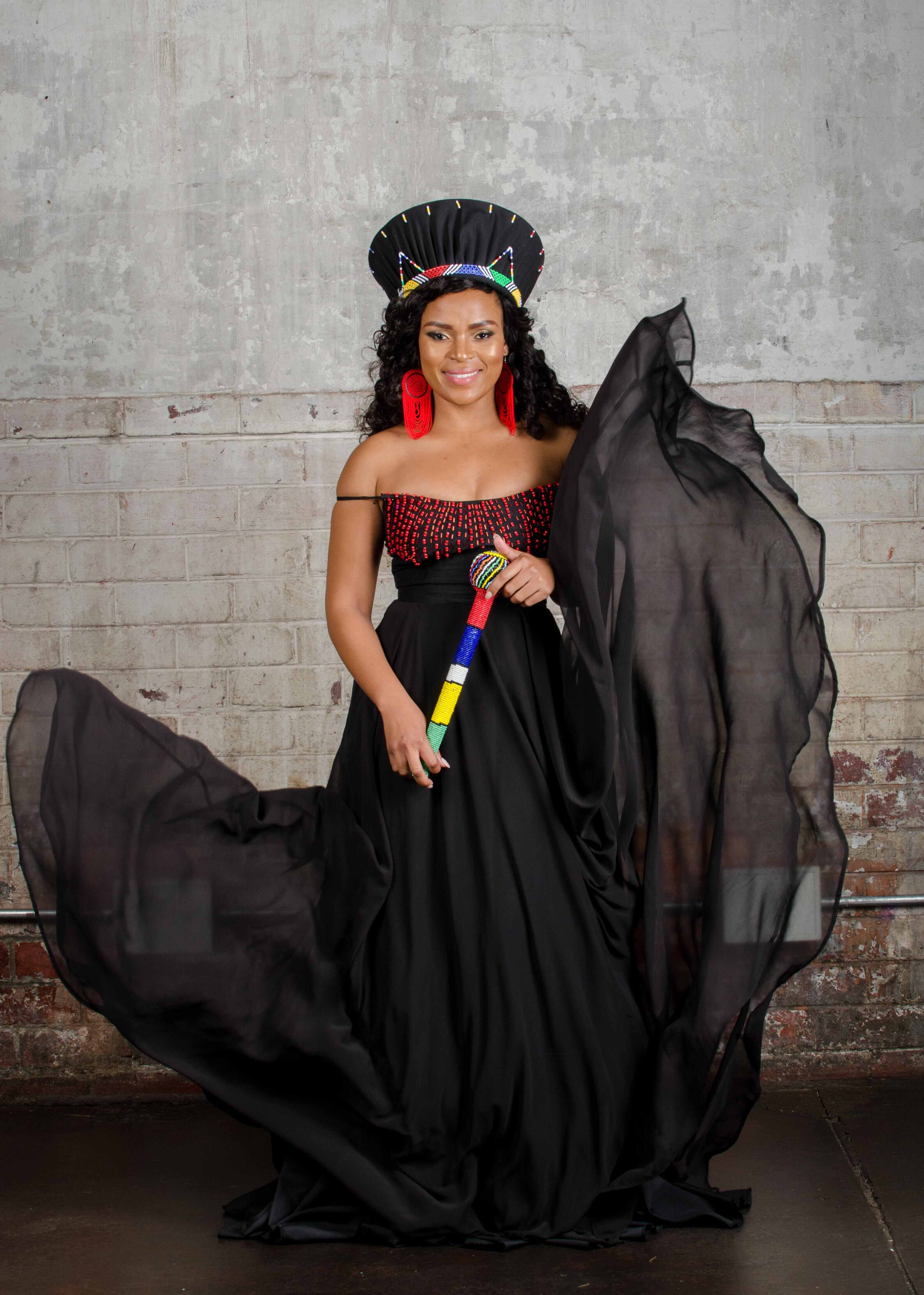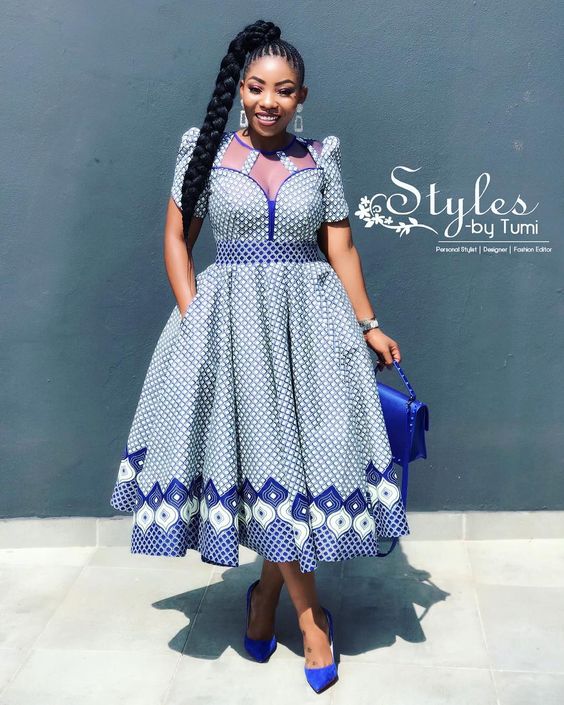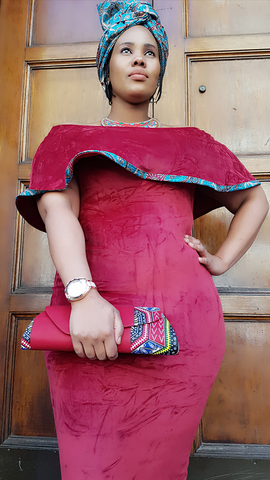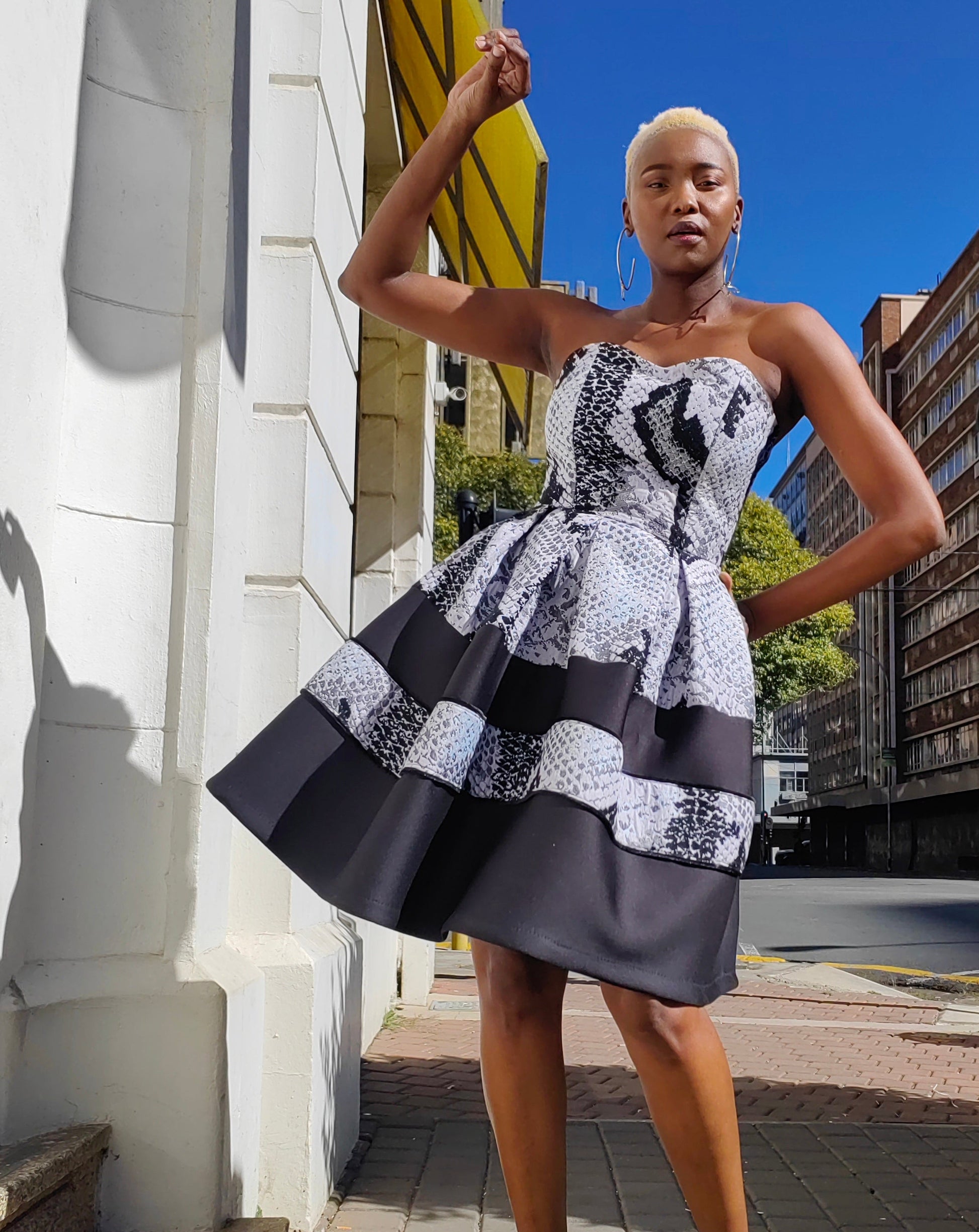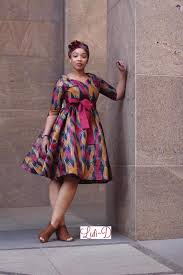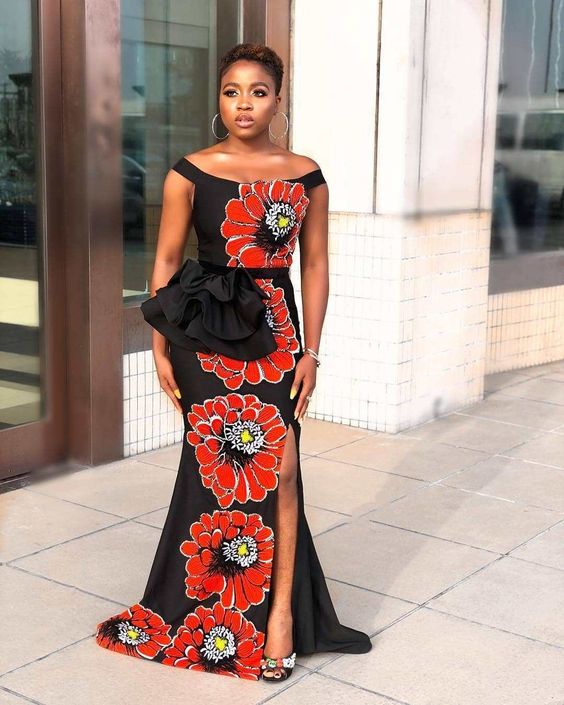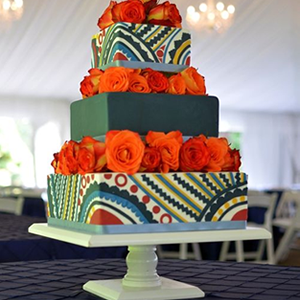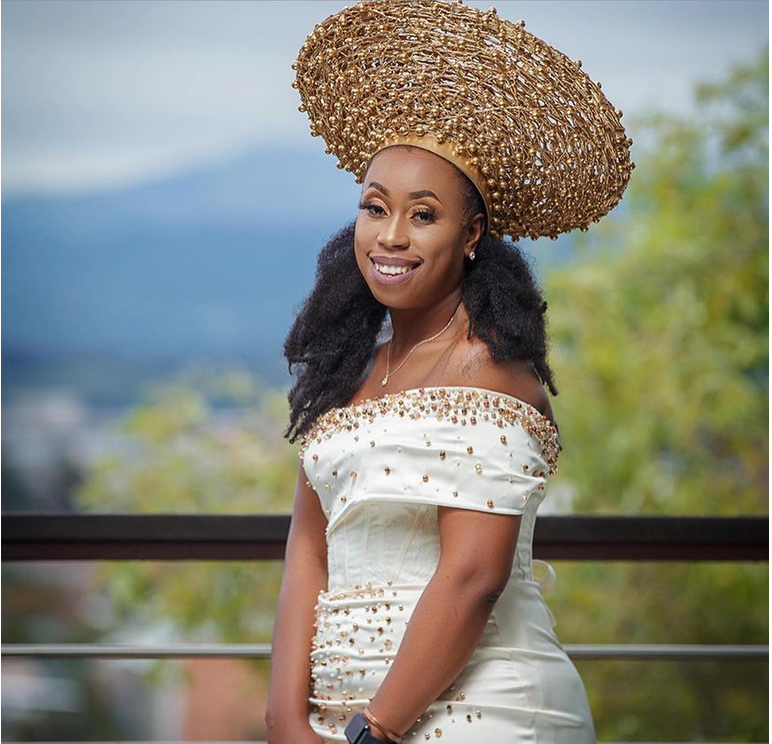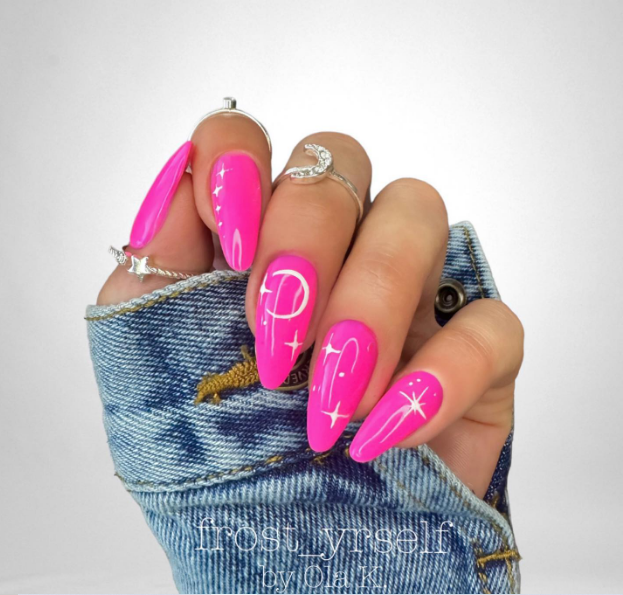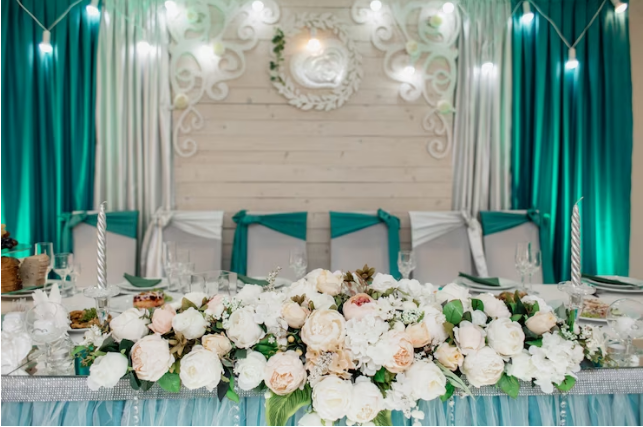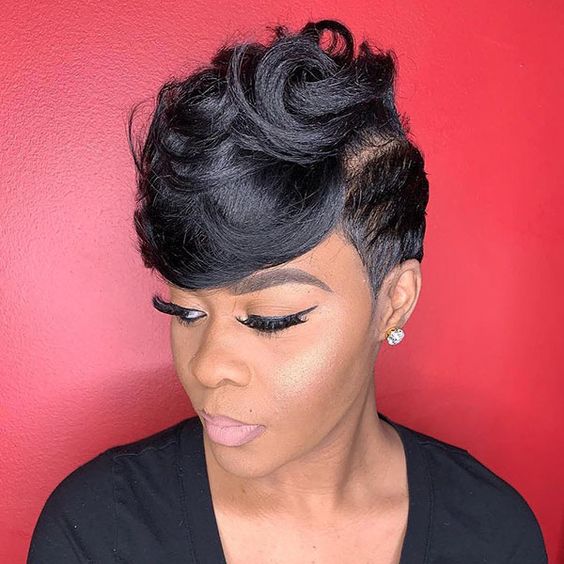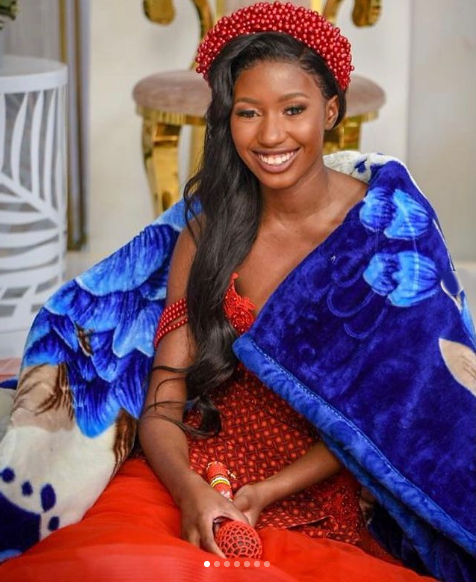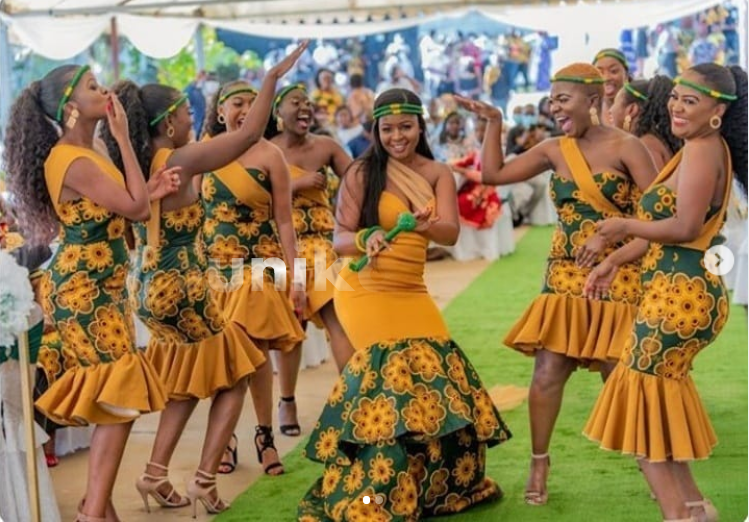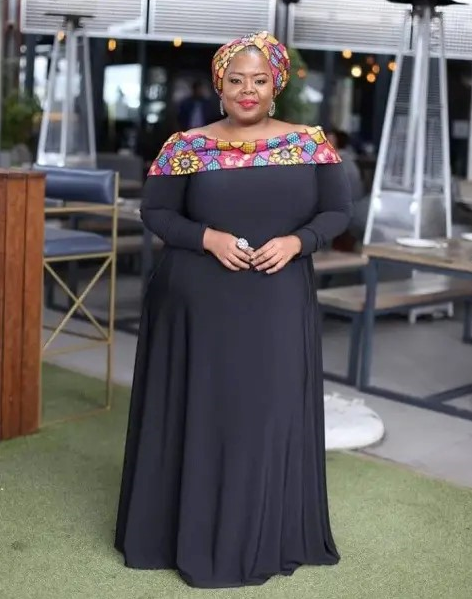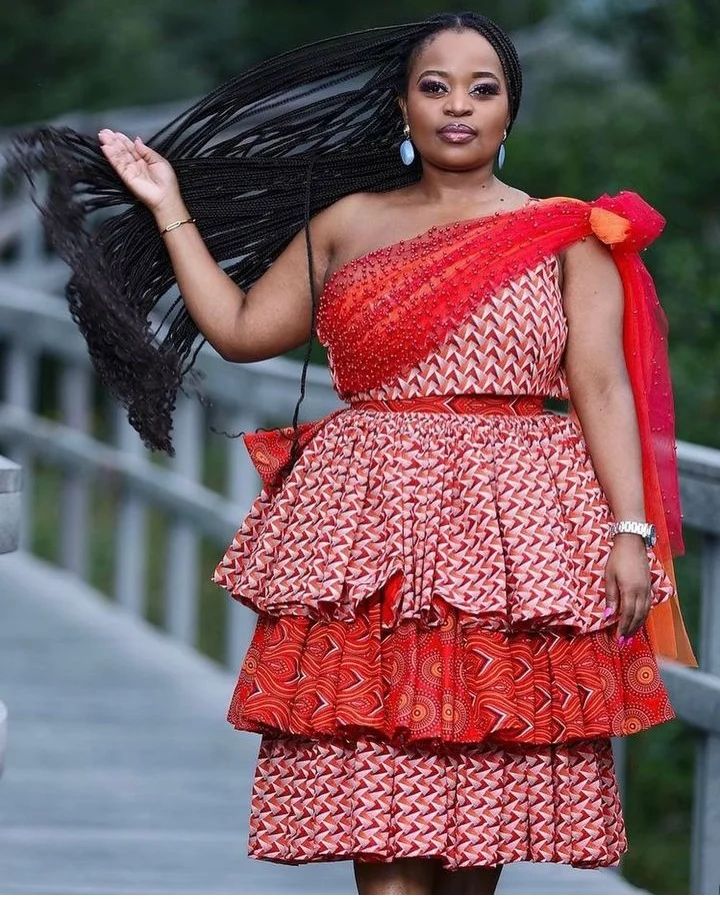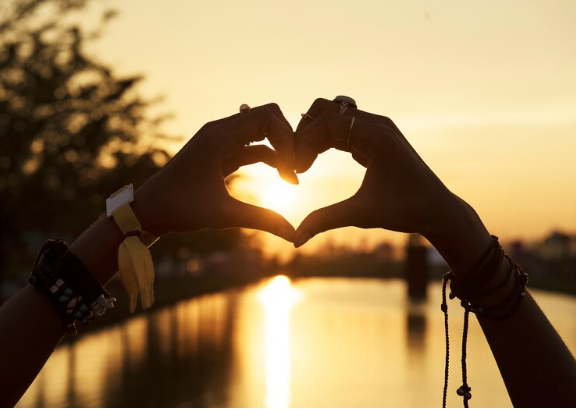The African Traditional Wedding is vibrant with colors, music, dancing, and lavish traditoinal African Food. Many of the events that take place during a Traditional Wedding have their heritage rooted in rich traditions that have been honored for many generations, they are symbolic events full of tradition and culture.
What is a Traditional African Wedding ?
The Traditional Wedding is the cultural celebration of the union of marriage between two individuals, it is culturally considered as the official union. The trend among modern Africans is to have two ceremonies - the traditional wedding as well as the white wedding.
Marriage means disconnecting from her ancestral line of birth and joining her husbands ancestral lineage. This forms the basis of the ceremonial wedding dance competition wherein a ritual antagonism between the family of the bride and the family of the groom is displayed. This dance is actually the highlight of every Traditional wedding ceremony.
The traditional Wedding usually happens after the lobola has been paid, once the lobola has been finalised, then the Traditional Wedding arrangements can be made.
What Happens at a Traditional Wedding ?
Traditional weddings differ from culture to culture, but it is common for the actual Traditional Wedding wedding to take place at the groom's family home.
The groom and his family brings gifts to the bride's family. Click here to see a list of Traditional Wedding gifts. More than just the handing over of gifts, the Traditional Wedding is a celebration with dancing and the slaughtering of animals. The groom’s family’s arrival is greeted with song and dance at the gate to the bride’s family home. Both families compete in song, with the groom’s family asking for permission to enter the yard by announcing that they have come bearing gifts. Traditionally a goat is prepared by the bride’s family as way of welcoming the groom’s family to their home, and in some instances small gifts will also be given to the groom’s family.
Couples will tie the knot, which means the couple have their hands tied together by grass or cloth to symbolise their union. Following the marriage ceremony, the wedding party would head to the groom’s home where a cow is slaughtered.
A cow is usually slaughtered on a specific day before the wedding or on the day by the groom's family in acceptance of the bride. The cow is also slaughtered as a sacrifice to the ancestors for their blessings. This symbolises that the bride is welcome in her new home, and she becomes a member of her new family when she puts money in the cow’s stomach.
There's no such thing as a guest list or invitations for a traditional wedding, everyone is invited, not just theimmediate family and friends but all the people in your community.
Traditional Wedding Decor
It is becoming more and more important to set a central color scheme in the event of a wedding. Each color has a special significance and all the decoration are centered on that particular color or theme. Various accent colors may be incorporated into the designs to enhance the chosen colors. In the case of a multi cultural union, you can easily bring together two differenct African Cultures with a perfect blend of balancing and fusing the 2 with a a creative touch from both cultures.
From wedding invitation to the jewelry, from the Varmala to the table centerpieces, everything is a reflection of the chosen color scheme. This gives the event a well-planned and chic feel that is becoming widely accepted in today’s market.
The dinner table tops can be customised with a traditional African print running along the centre, together with uniquely styled wooden elements.
Drapes and canopies give the wedding venue that special spruced up, ready-for-a-wedding look. If there is a specific color scheme in place, match the draperies with it.
Clich Here to See more traditional decor ideas..
Traditional Wedding Cakes
Traditional Wedding Dresses
Traditional African weddings have become very fashionable and on the wedding day, brides and grooms wear an African traditional wedding attire, usually prepared specifically for the event. A bride at a traditional African wedding can change her outfit up to three times throughout the course of the day, as a way of impressing her new in-laws.
Both the bride and groom wear traditional attire and various rituals and customs happen on the day.
